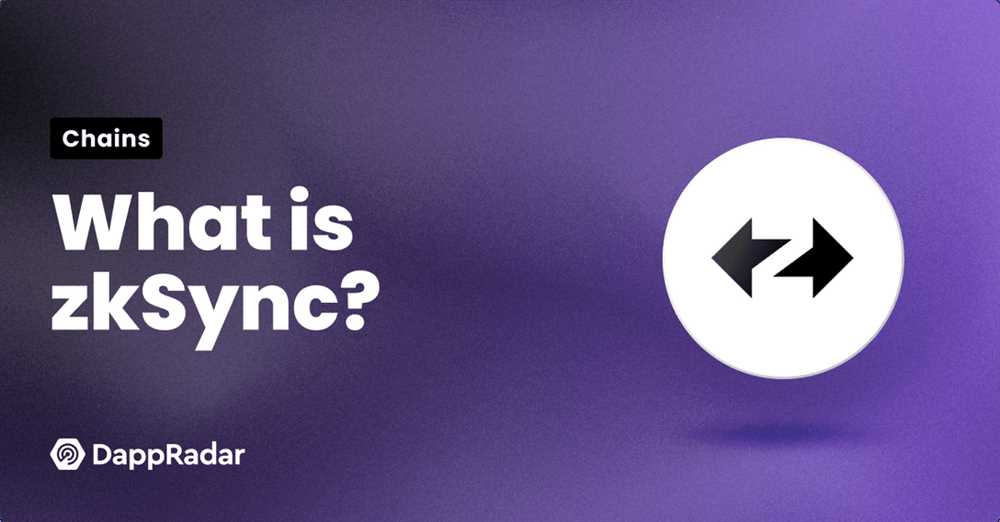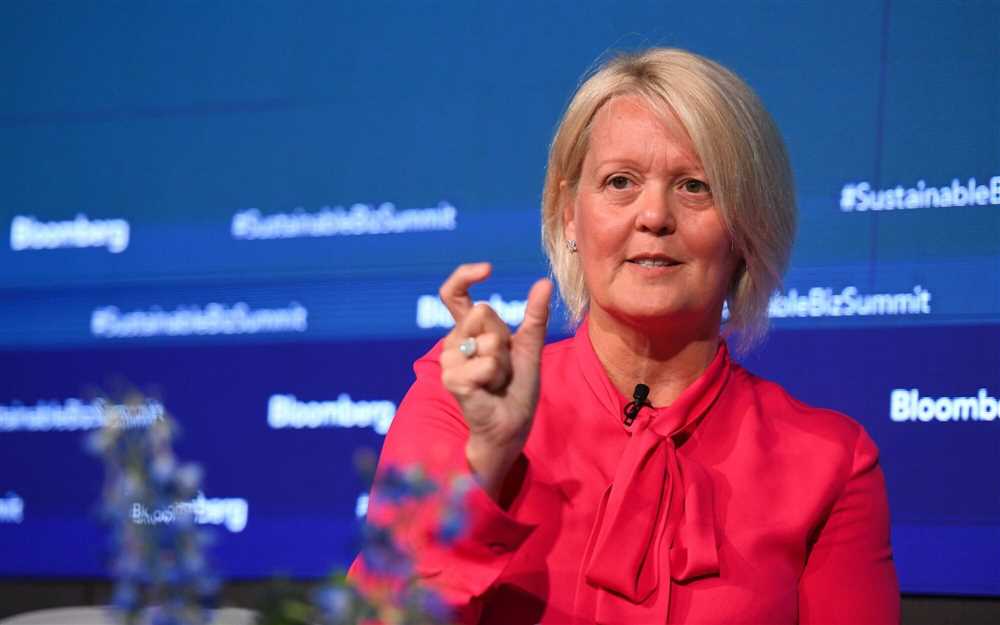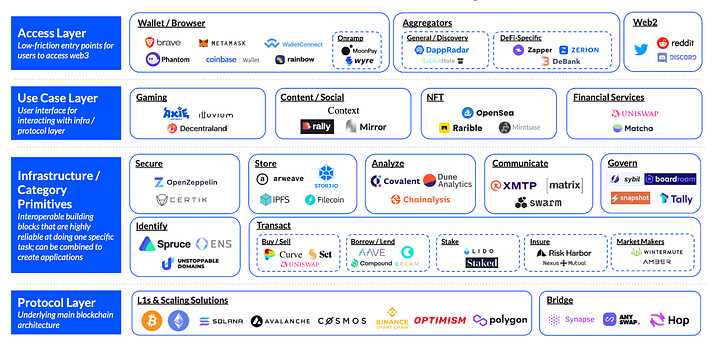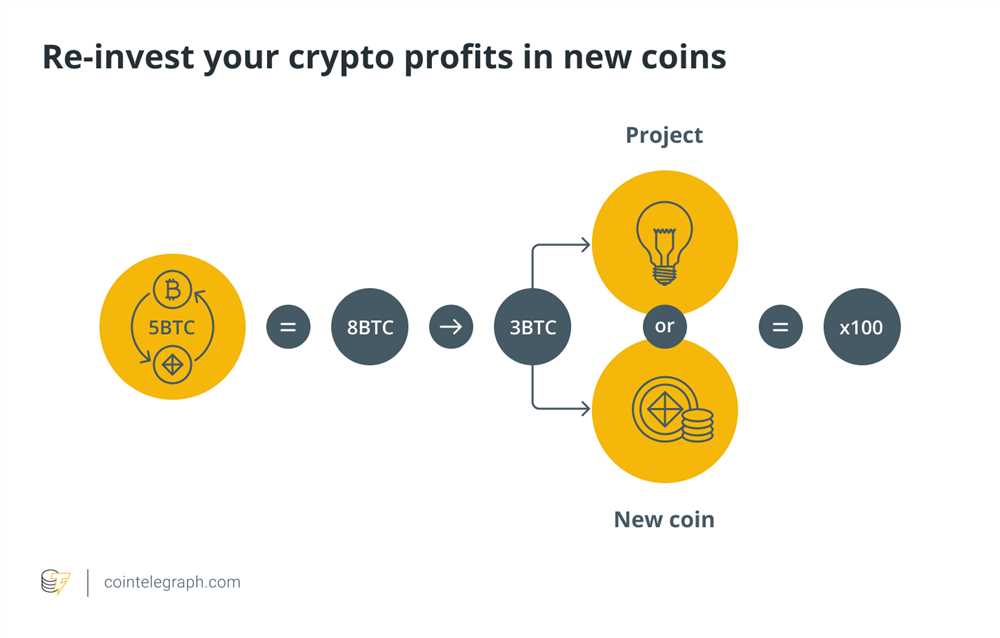
In a surprising and inspiring move, NatWest’s chief executive, Alison Rose, has decided to turn down a £7.5 million bonus and donate the money to charity. This decision highlights her commitment to social responsibility and sends a powerful message about the importance of giving back.
Rose, who has been praised for her leadership during the pandemic, made the decision to forgo the substantial bonus as a gesture of solidarity with the employees of NatWest, many of whom have faced financial challenges during these uncertain times. By donating the money instead, Rose is demonstrating her dedication to supporting her team and ensuring that they are rewarded for their hard work.
This act of generosity is not only commendable but also sets an example for other executives in the banking industry. It shows that financial success can be balanced with a sense of social responsibility, and that executives have a role to play in addressing social issues and making a positive impact on society. By choosing to donate her bonus, Rose is using her position of power and influence to effect change and give back to the community.
Furthermore, Rose’s decision highlights the need for a shift in corporate culture, where success is not solely measured by financial gain but also by the impact a company has on its stakeholders. It challenges the notion that executives are solely focused on personal wealth and demonstrates that they can be driven by a desire to make a difference and create a more equitable society.
NatWest executive Alison Rose rejects £7.5m bonus, opting to donate it instead
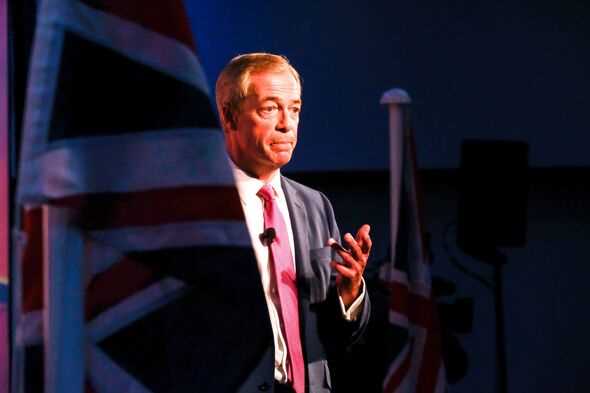
NatWest Group’s chief executive, Alison Rose, has announced that she will not be accepting her £7.5 million bonus for 2020, choosing instead to donate it to charity. This decision comes amidst growing concerns over executive pay during the ongoing pandemic, as many businesses have struggled and employees have faced job losses and reductions in pay.
Rose’s decision highlights her commitment to social responsibility and her recognition of the challenges faced by her employees and the wider community. The donation will be made to support various charitable causes, focusing on initiatives that address financial hardship, inequality, and the impact of COVID-19.
In a statement, Rose expressed her belief that businesses have a responsibility to support the communities they serve, especially during times of crisis. She acknowledged that the pandemic has disproportionately affected certain groups and emphasized the importance of businesses stepping up to address these inequalities.
The significance of Rose’s decision
Rose’s rejection of her bonus sets an important precedent in the banking industry, where executive pay has been a topic of debate for many years. It highlights the need for greater accountability and transparency, as well as the importance of recognizing the sacrifices made by employees and the wider community.
This gesture also reflects a broader shift in attitudes towards corporate responsibility and the role of businesses in society. Many executives and leaders are increasingly recognizing the social and environmental impact of their decisions and are taking steps to address these issues.
A call for change

Rose’s decision to donate her bonus is a powerful reminder that executives have the ability to make a difference and contribute positively to society. It serves as a call for other leaders to re-evaluate their own compensation packages and consider more equitable distribution of wealth.
As the COVID-19 pandemic continues to impact economies and communities around the world, it is crucial for businesses to prioritize the well-being of their employees and the broader society. Through actions like Rose’s, executives can help rebuild trust and demonstrate their commitment to creating a fairer and more inclusive world.
In conclusion, Alison Rose’s rejection of her £7.5 million bonus is a significant move that underscores the importance of responsible leadership in times of crisis. Her decision to donate the money to charitable causes sends a powerful message about the need for corporate accountability and highlights the potential for executives to make a positive impact on society.
The decision to donate

Alison Rose, an executive of NatWest, recently made headlines when she was offered a staggering £7.5m bonus for her work. However, instead of accepting the generous payout, Rose decided to donate the entire amount to charity, showcasing her values and commitment to making a positive impact.
This decision to donate such a substantial sum of money reflects Rose’s deep concern for the social and economic challenges faced by many communities. By choosing to redirect her bonus towards charitable causes, she aims to address issues such as poverty, education, and healthcare, contributing to the overall welfare of those in need.
The generosity demonstrated by Rose’s decision not only sets an example for others in positions of power, but also emphasizes the importance of corporate social responsibility. It challenges the notion that financial success should always result in personal gain, advocating for a more altruistic approach towards wealth and power.
Rose’s decision also highlights the potential impact that a single individual can have on society. By donating her bonus, she has the power to initiate real change and create opportunities for those who are less fortunate. Through her actions, Rose demonstrates that true success lies not only in personal achievements, but in the ability to make a difference in the lives of others.
Furthermore, Rose’s decision to donate her bonus serves as a reminder that organizations and executives have a role to play in addressing pressing social issues. It shows that businesses can prioritize social welfare alongside financial success, contributing to a more equitable and sustainable future.
In conclusion, Alison Rose’s choice to donate her £7.5m bonus exemplifies her commitment to creating a positive impact on society. Her decision not only sets an example for others, but also calls attention to the importance of corporate social responsibility and the power of individuals to make a difference. By redirecting her bonus towards charitable causes, Rose demonstrates that true success lies in using one’s wealth and influence to uplift others.
The significance of the bonus

The decision made by NatWest executive Alison Rose to donate her £7.5m bonus instead of accepting it holds great significance for several reasons.
1. Ethical leadership
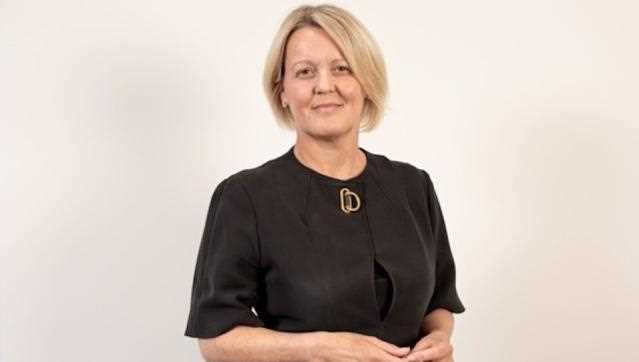
By choosing to donate her bonus, Rose demonstrates ethical leadership and a commitment to social responsibility. This act sends a powerful message to other executives and employees, highlighting the importance of using one’s position and wealth to make a positive impact on society.
2. Employee morale

This decision can greatly boost employee morale within NatWest and other companies. It shows that executive bonuses can be used for more than personal gain, and that leaders are willing to make sacrifices for the greater good. Such actions can inspire employees, fostering a sense of pride and motivation in their work.
3. Social impact
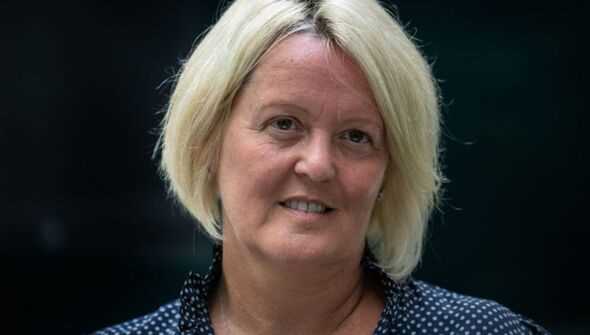
The decision to donate the bonus highlights the positive social impact that can be achieved with a significant sum of money. By directing the funds towards charitable causes, Rose helps address societal issues and improves the lives of others. This not only benefits those directly affected but also creates a ripple effect, inspiring others to contribute and make a difference.
In conclusion, Alison Rose’s decision to donate her £7.5m bonus carries significant implications for ethical leadership, employee morale, and social impact. It serves as a reminder that financial success should not solely focus on personal gain but also on using one’s resources to benefit others and create a better society.
Why did Alison Rose choose to donate her bonus instead of taking it?
Alison Rose chose to donate her bonus instead of taking it because she felt that it was the right thing to do during a time of economic uncertainty and hardship due to the COVID-19 pandemic. She wanted to show solidarity with those who have been affected by the crisis and believed that the money could be put to better use by supporting charitable causes and initiatives.
What was the amount of the bonus offered to Alison Rose?
The amount of the bonus offered to Alison Rose was £7.5 million.
How did Alison Rose’s decision to donate her bonus affect others?
Alison Rose’s decision to donate her bonus was seen as a noble and selfless gesture by many. It inspired others in similar positions to consider donating their bonuses as well, and sparked a broader conversation about executive compensation and income inequality. The funds from the bonus were able to make a significant impact on various charitable causes, benefiting those in need.
